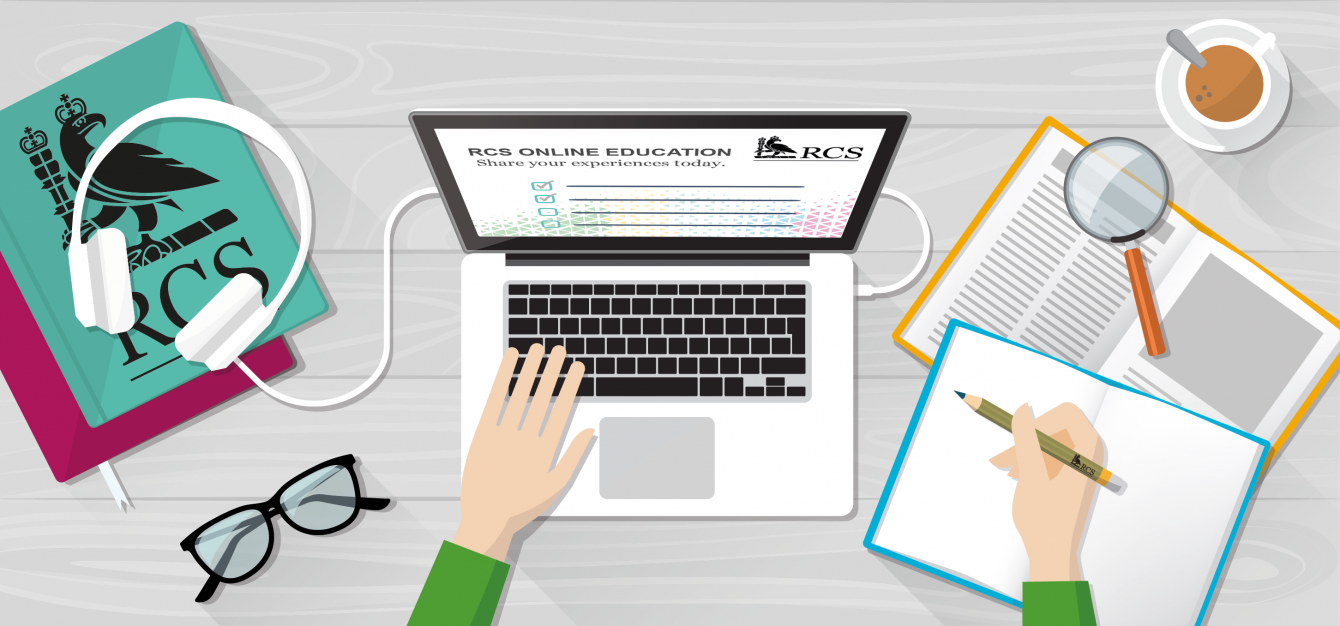In this collection, we will go through the topics in which test questions may arise. These will help students in carrying out their studies.
Scientific Notation and Significant Figures
A key concept in all sciences is measurement. The total measurement precision you get is as good as the least precise measurement. The tests from this area deal with topics of scientific notation and significant figures.
Unit Conversion
An essential scientific skill every student should have is the ability to convert units of measurement to another. The test questions from this area cover the conversion units between English units ad metric units. To ensure you figure out units in a simple way in any scientific problem, employ unit cancellation.
Temperature Conversion
In chemistry, the conversion of temperature is a standard calculation. In this area, you will be dealing with a collection of questions that have conversions between different temperature units. It is important to do practice since you will face the challenge in chemistry as it is common.
Reading The Meniscus in Measurements
In a chemistry lab, you will face an essential laboratory technique which is the ability to accurately measuring liquids in graduated cylinders. The questions from this area will deal with you reading the meniscus of liquids. The meniscus is a curve you see at the top of any liquid when you pour it into a container.
Density
Any time you get a question of density, ensure that the final answer you write has the given unit. The unit may be of mass like grams, kilograms, pounds, or ounces. It may also be per volume like milliliters, gallons, liters, and cubic centimeters. The tricky way examiners twist the questions is by asking you to answer in a different unit from the ones they provide.
The naming of Ionic Compounds
A vital skill in chemistry is the naming of ionic compounds. The questions arising from this area deal with the naming and prediction of the chemical formula of the compounds. An ionic compound is a compound that forms when ions bond together through electrostatic forces.
The Mole
It is the standard SI unit. In this area, you need to know the periodic table well. Here, the examiner sets questions that deal with the mole.
Molar Mass
What Is Molar Mass? It is the mass of a single mole of the substance in question. The questions here involve calculation and the use of molar masses. An example is: GMM O2 = 32.0g or KMM O2 = 0.032kg.
Ideal Gas Law
We can use the gas law to predict the behavior of gasses in different situations other than high pressures or low temperatures. The set of questions here deal with concepts that come with ideal gas laws. An equation describing this relationship is: PV=nRT (P is for pressure, V standing for volume of the gas, n representing the mole number of the ideal gas, and R represents the constant of the ideal gas, while T standing for temperature.
Chemical Formulas
The multiple choices that come with these questions deal with the chemical formulas concept. The topics it covers include mass percent composition, simplest and molecular formulas, and naming of compounds.
